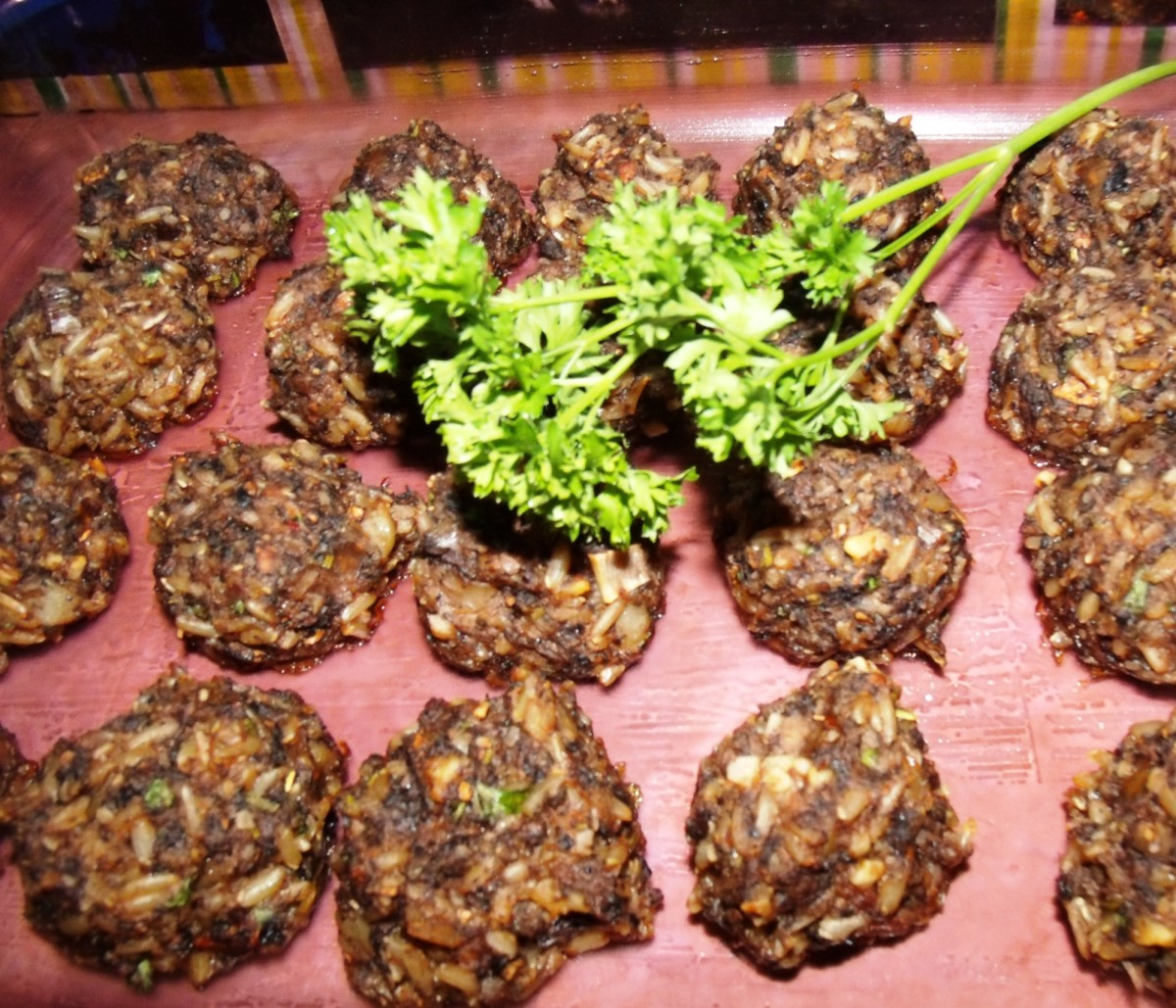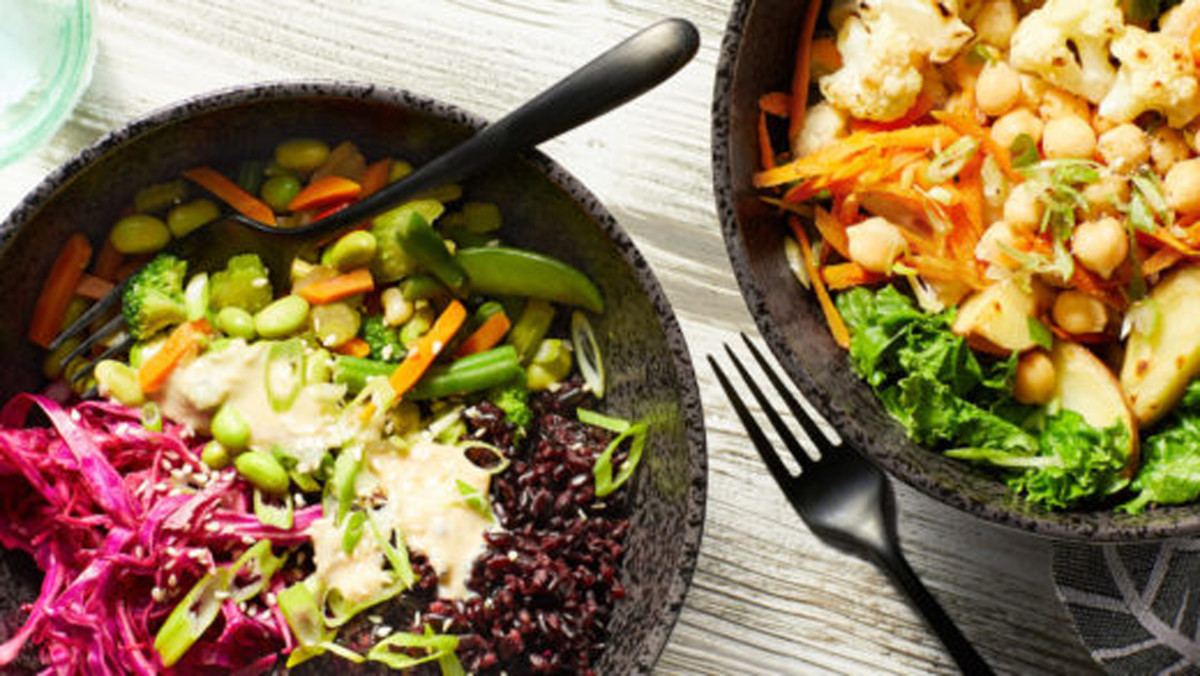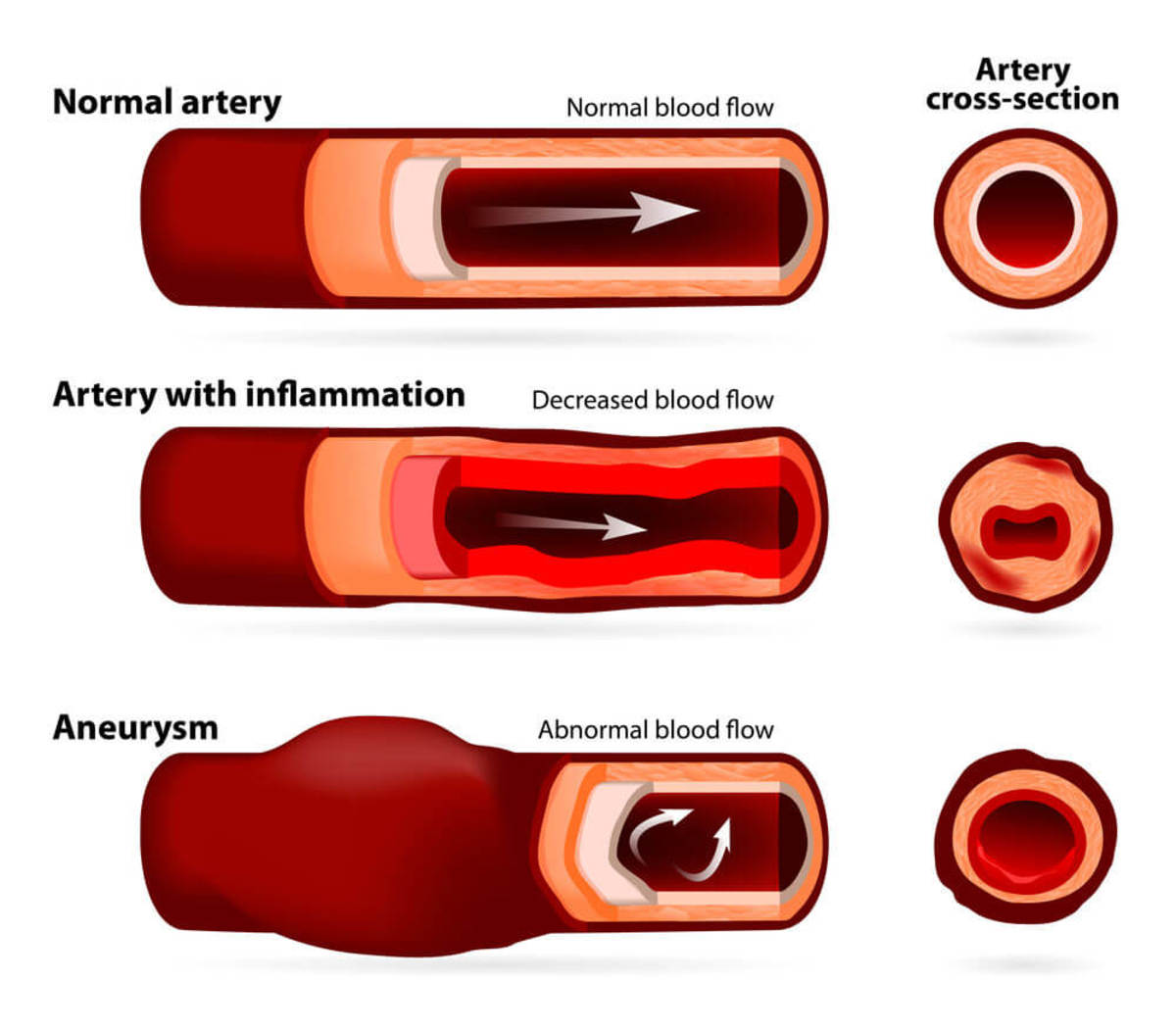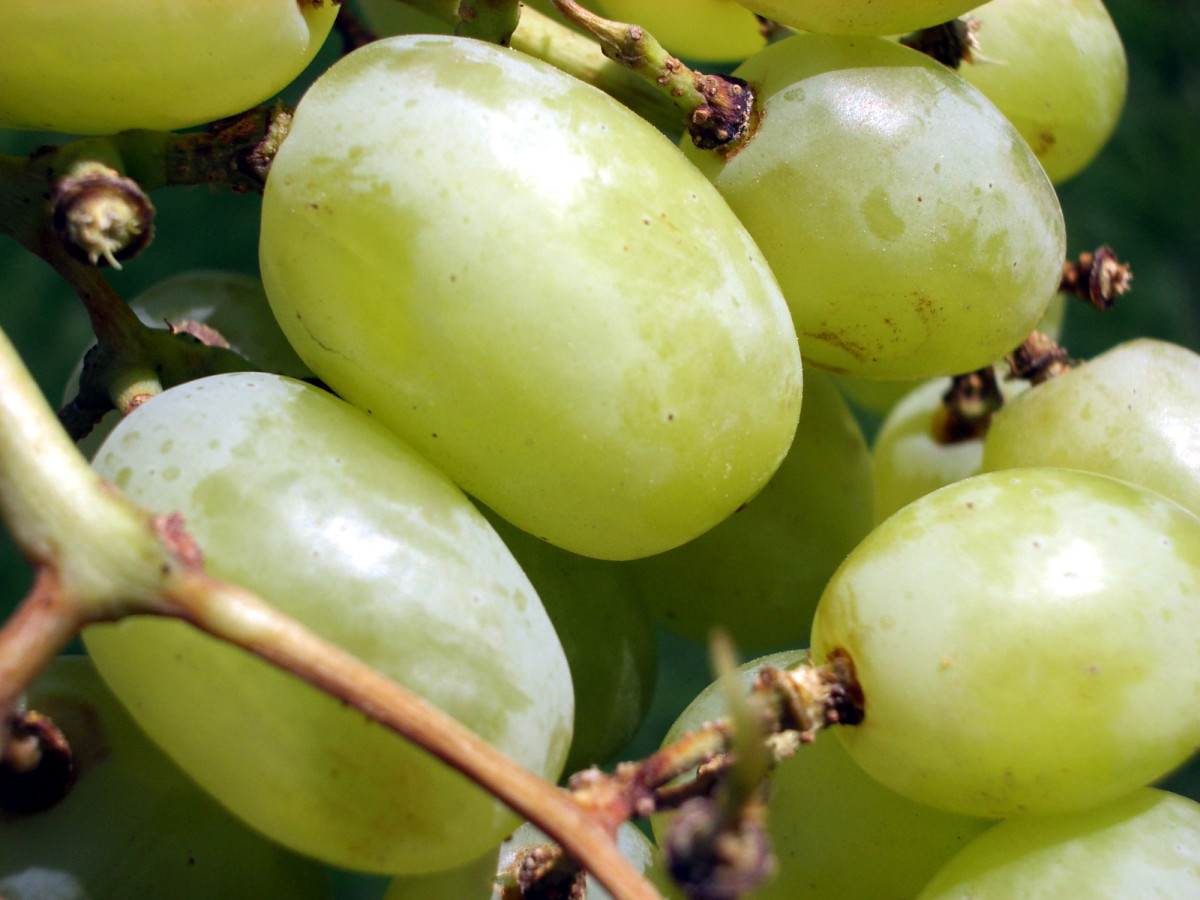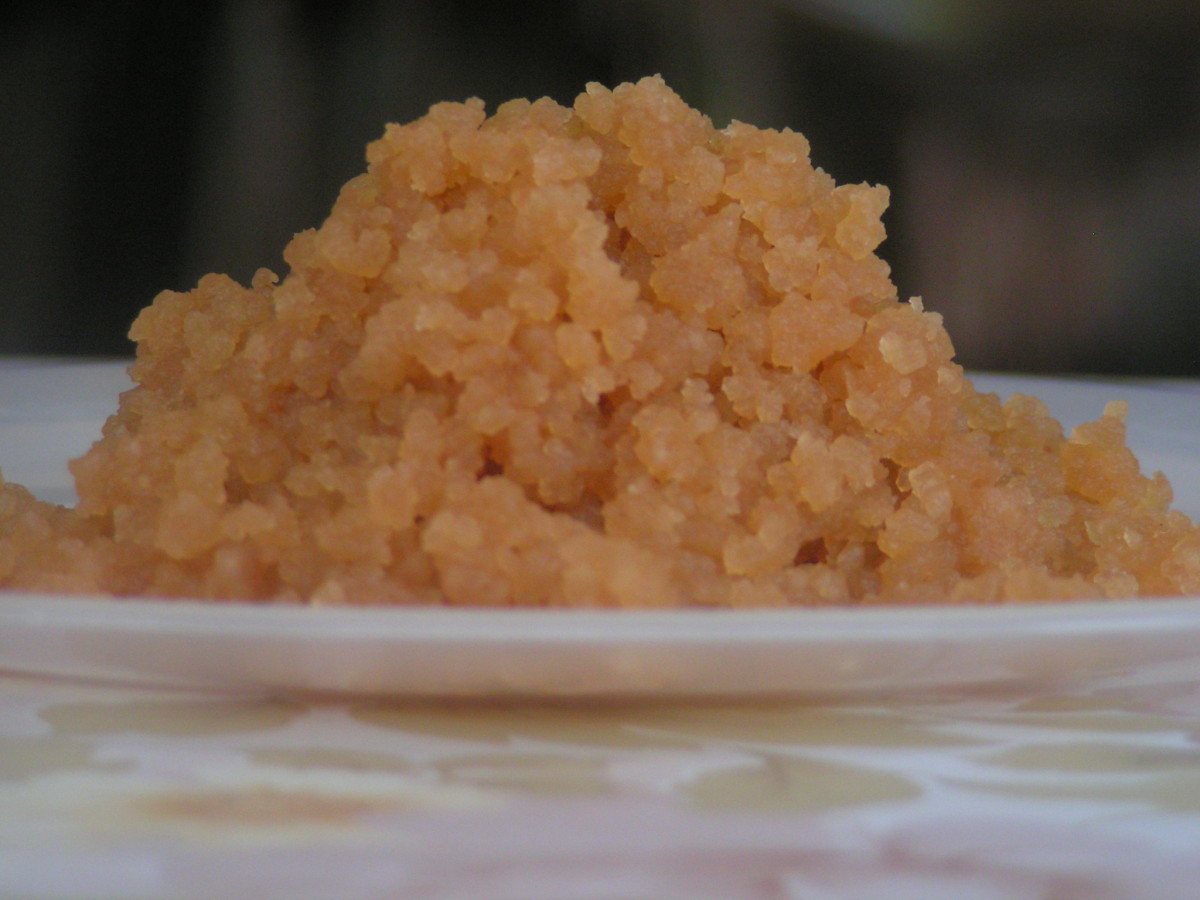Why You Should Watch Forks Over Knives
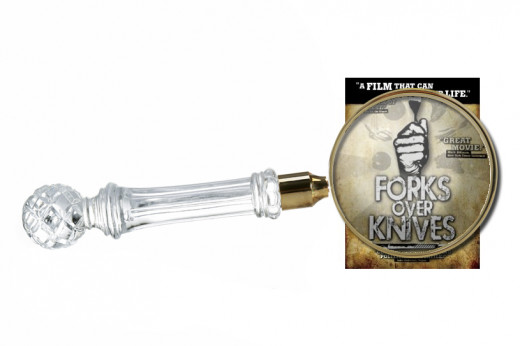
I recently became a vegetarian and, contrary to what people might think, it isn’t because of the animal cruelty issue. Don’t get me wrong, the practices of large scale animal production is despicable and disgusting, but I’m not going to scream ‘murder!’ and spray paint red on your fur coat. I made the decision to go vegetarian because I don’t want to die. That sounds a bit melodramatic, but my family has a history with heart disease, diabetes and cancer, and my last few visits to the doctor revealed escalating cholesterol. I’m still fairly young (28 at the time of writing this article) but I saw a future of hospital visits that I had already gotten a taste of when I had an abnormal instance of pericarditis. I already knew that a vegetarian diet was feasible, because my wife was one, and I already knew that fruits, vegetables and whole grains were good for me. But I didn’t realize the importance of my diet until I watched a documentary called Forks over Knives.

I know what you’re probably thinking; the eating regimen proposed in this movie is nothing more than another fad diet like Atkins or South Beach. Some doctor sees a window of opportunity and fills it with his own gimmick to pull in some cash. But before you roll your eyes and click away, think about a few things. There are many different kinds of proteins. For example, the protein found in cow’s milk (Casein) is different from the protein found in wheat (Gluten). Not all protein is created equal, but protein is found in an awful lot of things that aren’t meat. Second, cow’s milk is designed, by nature, to fit the needs of a baby cow. Once that baby cow is grown, it no longer drinks its mother’s milk. Similarly, when a human child grows up, they cease drinking their mother’s milk and switch to solid foods. So how, then, does it make sense that we continue to drink the milk intended not just for an infant, but the infant of another species? Third, gorillas survive almost exclusively on plants. I don’t care how much of a body building meat eater you are, without a gun, that gorilla can wipe the floor with you any day. Fourth, cholesterol is found exclusively in animal based foods, never in plant based foods and fiber is found exclusively in plants, not animals.
So, what does this mean, exactly? From this standpoint, it basically means that we can survive, and be healthy, without ever eating meat, dairy, or eggs. Obviously vegetarians and vegans have been around for decades and they aren’t dropping dead of malnutrition. However this documentary goes a step further by saying that a diet that incorporates animal based foods is dramatically increasing our risk of things like heart disease, cancer, autoimmune disease and diabetes. And it isn’t just things that are high in fat, sodium or cholesterol, it’s all meats, even the leanest of fish, poultry and skim milk.
The basis of these conclusions is formed on a number of research studies, combined with a massive amount of data collected during something called ‘The China Study’. Essentially a dying ruler in china ordered a long running collection of data about his country and what diseases were killing his population. This ongoing study was used to determine what factors, such as diet, environment, and heritage might contribute to some of the deadliest diseases of our time. The results were quite startling. It underlined diseases that were split based largely on the wealth of the areas. In other words, rich people were dying of things like cancer and heart disease, while poor people were dying of things like viruses and contracted diseases. While there are many different reasons for this, one of the most jarring is a difference between the consumption of meat, since meat tends to be a staple of well-to-do families. This data was matched with data from other countries and occurred regardless of heritage.
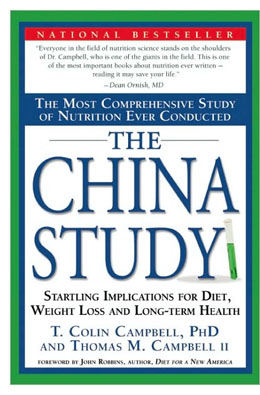
All of this information is documented in a book of the same name (The China Study) wherein the case is made for the surprising danger of animal protein. The reason that I recommend the movie 'Forks over Knives' first is that it serves as a gradual introduction to the concept, whereas the China Study is more of the nuts and bolts of the research. In both, it suggests that by eating a whole food, plant-based diet, one can not only prevent serious diseases of affluence, but they can also potentially stop and reverse those already in progress. That’s not to say that the prescription for an already fatal tumor should be spinach, but if you’re at high risk for these diseases, then now is the perfect time to make the switch.
There is a lot more technical research associated with these conclusions, but I will leave the movie and book to explain those more fully than I can here. But the most convincing arguments come in the form of the people who have successfully made the change. Most, if not all, report more energy, less need for prescription drugs, weight loss, and a more vibrant sense of taste. Though, these tend to be on the small side of benefits, the largest side being a blocked artery that was completely reversed and terminal heart disease patients drastically increasing their life expectancy.

In some cases it seems too good to be true. As we’ve all been taught, if it seems too good to be true, it probably is. Though there are many important things to consider. First, eating a whole foods, plant-based diet isn’t a cure-all for every disease. It mostly just concerns diseases of affluence. Also, switching to it is not always easy. Aside from the push back from friends and family, who don’t understand the choice (or worse, outright ridicule it), there are also limited options at restaurants and gatherings. But, it’s also not nearly as extreme an idea as some might think. For years we’ve been told that we should eat more fruits and vegetables, so what’s wrong with eating all fruits and vegetables? Similarly, becoming a vegan might be undesirable to meat eaters, but so would a bypass surgery.
One of the most important things expressed by both the movie and the book is that there is a lot of misinformation out there. The goal isn’t to get you to switch to Doctor so-and-so’s miracle diet, it’s to give you the right information about what science has learned. You can do with it what you will. And, for that reason, I wrote this article. I personally believe that this discovery is one of the most significant for human diet and health, and I think everyone should know about it. Whether you decide to follow it or not is your choice, but the more we know about our bodies, and our health, the better we will be at meeting the challenges of a world drowning in junk and misinformation.
Thinking about making the switch? Check out my other article: "So You Want to be a Vegetarian?"


